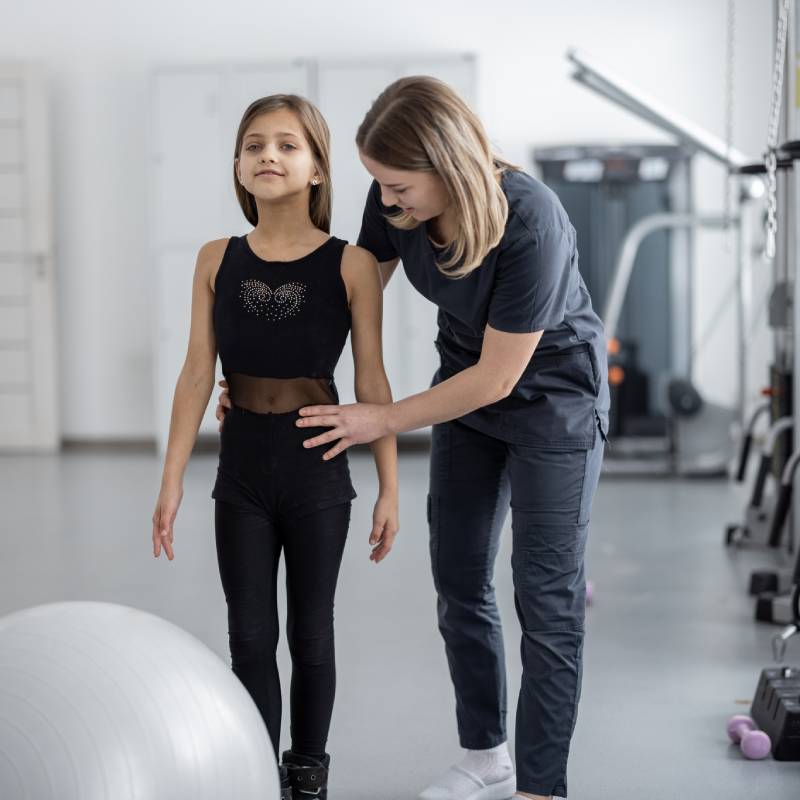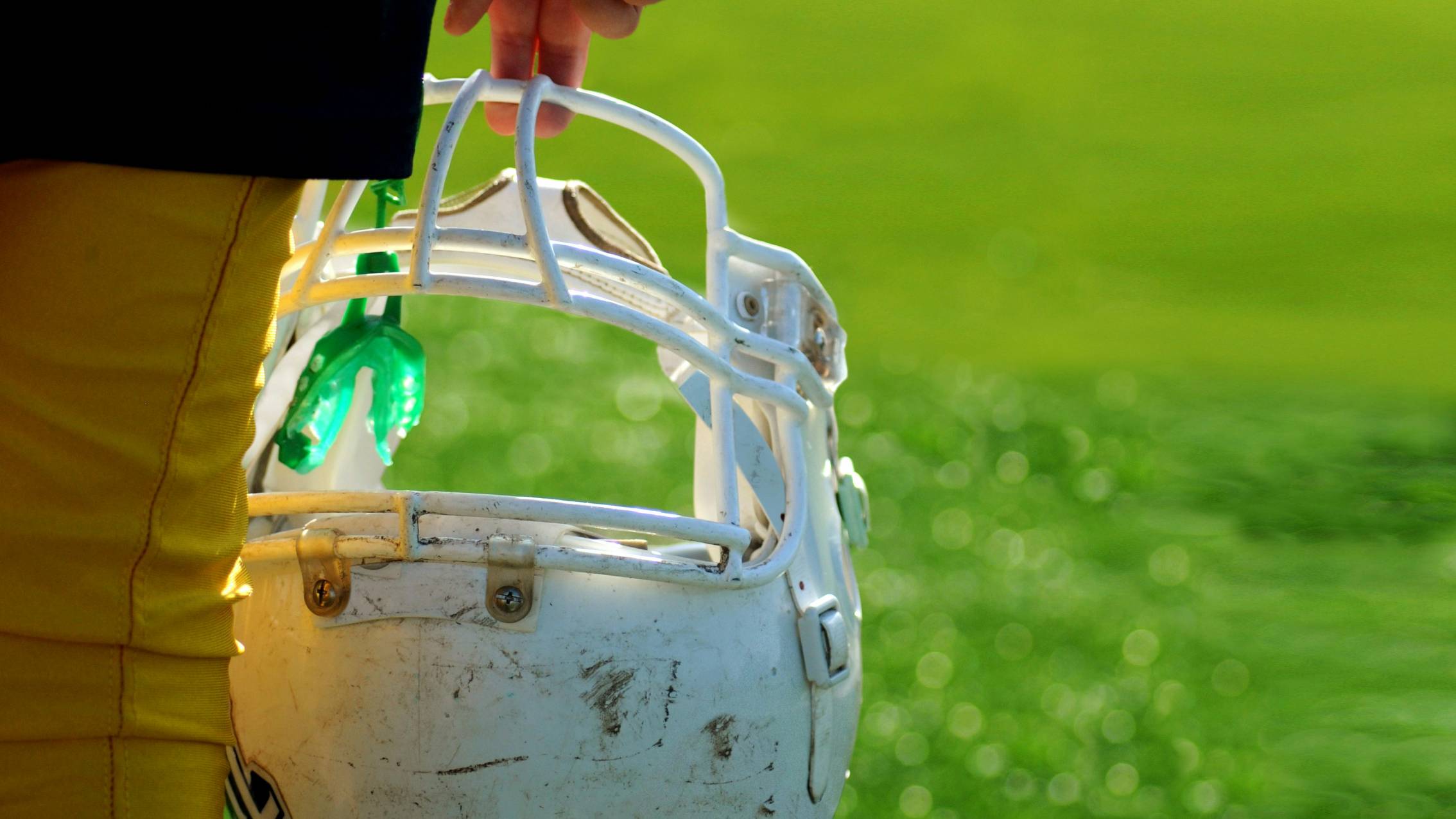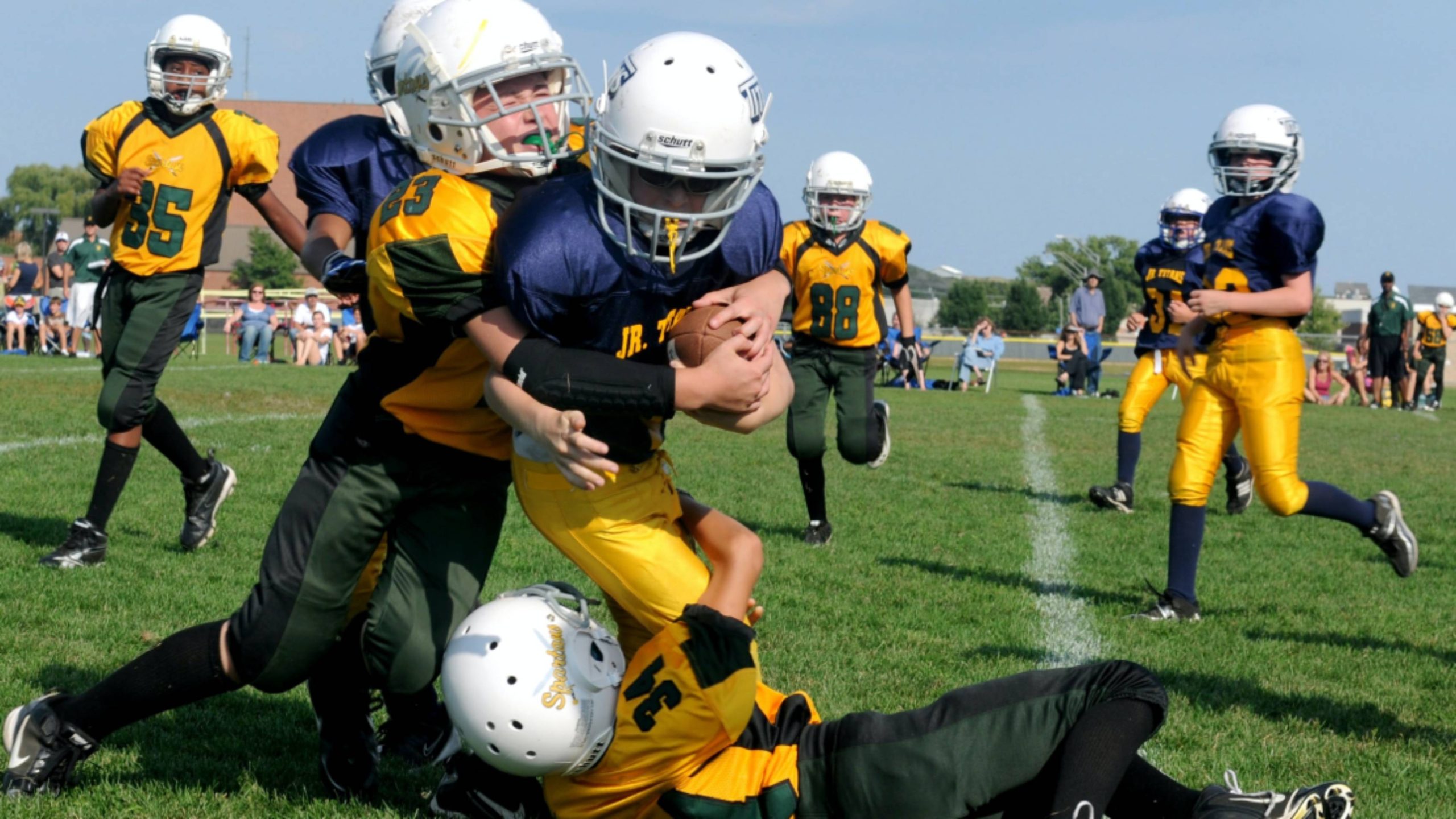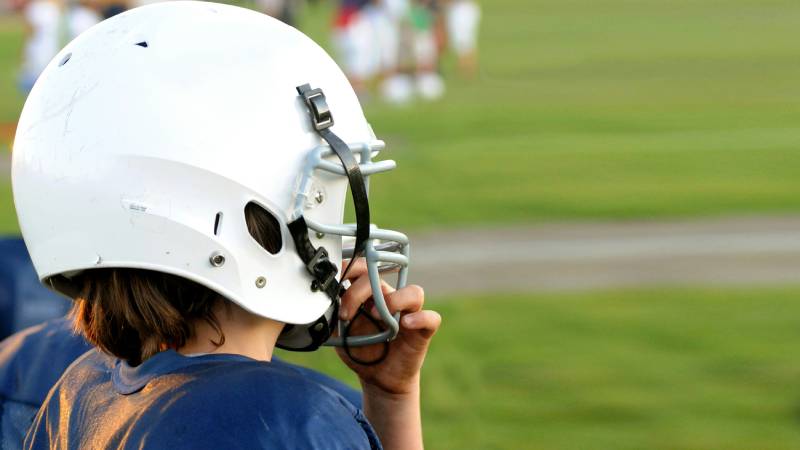Managing concussion: From recognition to recovery

Concussions are mild but serious brain injuries that require immediate and appropriate medical attention [1]. This article explores the different phases of concussion management, from the initial recognition of symptoms in the field to post-traumatic rehabilitation.
Concussion: Symptoms to watch out for in the field
When a concussion occurs on the field, the ability to recognize early symptoms can be crucial to preventing more serious complications. This segment of the article will highlight the immediate warning signals that responders and bystanders must learn to identify [2].
Physical symptoms
- Severe headaches :The most commonly reported symptom is a severe headache that does not subside easily and may intensify over time [3].
- Balance and coordination problems: :Difficulty walking or maintaining balance can be a clear sign of a neurological disorder following shock.
- Nausea and vomiting:These symptoms can occur immediately after impact and are often a warning sign of concussion severity.
Cognitive symptoms
- Confusion or disorientation: A player may appear lost, have difficulty following instructions or remembering recent events.
- Temporary amnesia: The inability to recall events immediately before or after the incident is common.
Emotional and Behavioral Symptoms
- Sudden mood changes: Irritability or unusual behavior may indicate a neurological disturbance.
- Social withdrawal: An individual who suddenly withdraws from social interaction after a blow may be in shock or suffering the effects of a concussion [4].
- Importance of Immediate Intervention: Acting immediately in the presence of these symptoms is vital. Removing the player from the game and carrying out a full medical assessment is essential to prevent more severe damage. This segment will discuss why and how taking immediate action can significantly influence the athlete’s prognosis for recovery.
Concussion: Tests and Examinations for an Accurate Diagnosis
Early recognition of concussion symptoms is crucial, but accurate diagnosis requires a series of specialized tests and examinations. This section explores the different diagnostic methods used by healthcare professionals to assess patients with signs of concussion.
Initial field tests
- Basic neurological assessment: As soon as a concussion is suspected, a rapid neurological assessment can be carried out in the field. This includes tests of coordination, immediate memory and concentration. For example, ask the athlete to repeat words or numbers, or to follow a moving object with the eyes.
- Use of standardized questionnaires: Tools such as the SCAT5 (Sport Concussion Assessment Tool, 5th edition) are often used immediately after the incident to assess cognitive and physical symptoms. These questionnaires can help determine the severity of the concussion and the need for further medical management.
In-depth medical examinations
- Brain imaging: After an initial assessment, imaging tests such as MRI (Magnetic Resonance Imaging) or CT scan (Computed Tomography) may be necessary to rule out more serious brain injuries, such as haemorrhages or skull fractures. These examinations are crucial for visualizing the extent of internal damage that is not apparent during physical tests.
- Neuropsychological tests: Neuropsychological assessments are often recommended to understand the impact of concussion on brain function. These tests measure aspects such as memory, concentration and problem-solving ability. They are essential for planning a gradual return to school or work.
Ongoing monitoring and evaluation
- Symptom monitoring: Regular monitoring of symptoms is essential for adjusting the treatment plan. This may include symptom diaries and follow-up visits with specialists to assess progress and adjust rest and rehabilitation recommendations.
- Periodic re-evaluations: Periodic re-evaluations are often necessary to ensure full recovery before resuming risky activities. This may include medically supervised cognitive stress tests to ensure that the patient can safely return to normal activities without risk of recurrence. These tests assess a person’s mental performance under conditions of stress or high cognitive load, measuring aspects such as memory, attention, and problem-solving ability.
Concussion treatment: Rest and rehabilitation
The treatment of concussion is based on two essential pillars: rest and rehabilitation. These steps are vital for full recovery, helping to prevent the long-term sequelae often associated with these traumas. Here’s a detailed exploration of these two aspects.
Rest: The First Step to Healing
- Repos Physique: Physical rest is the cornerstone of concussion treatment. It’s crucial to limit any activity that could strain the brain or body. This includes sporting activities, heavy household chores, and even unnecessary travel. In the first few days after concussion, rest should be strict to minimize symptoms and allow the brain to begin healing [5].
- Cognitive rest: Alongside physical rest, cognitive rest is also essential. This means reducing activities that require mental concentration, such as reading, watching TV, using computers or smartphones, and even some forms of communication. The aim is to allow the brain to recover without being overloaded by external stimuli [4].
Rehabilitation: Regaining Functionality
- Progressive rehabilitation: Once initial symptoms begin to improve, patients can gradually resume normal activities under the supervision of a healthcare professional. This process must be personalized and adjusted according to the patient’s response to increased activity. Gradual rehabilitation helps prevent a relapse of symptoms.
- Physical and Cognitive Therapy: Physiotherapy can be used to treat coordination and balance problems, while cognitive therapy is often recommended to manage concentration and memory difficulties. These therapies are essential to help patients regain their previous abilities.
- Psychological support: The impact of a concussion is not just physical and cognitive. Psychological support is crucial, as patients may experience anxiety, depression or frustration during their recovery period. Sessions with a psychologist or counselor can be beneficial in addressing these emotional challenges.
Towards better concussion management
Concussion management requires a meticulous and informed approach, from early detection of symptoms to appropriate rehabilitation. By being vigilant in the field, using precise diagnostic methods, and following a treatment protocol based on rest and progressive rehabilitation, it is possible to significantly reduce the risk of long-term sequelae. This article has highlighted the importance of each step in the process, emphasizing that complete recovery is the ultimate goal. Concussion awareness and education must continue to be a priority for all involved, to ensure the safety and well-being of people in all sporting environments and beyond.
Please note that we are not medical professionals and that it is important to consult a physician if you suspect a concussion. The doctor’s recommendations take precedence over the advice presented in this article.
Sources :
[1] Ministère de la Santé et des Services sociaux. (2023). Mild traumatic brain injury and concussion. Retrieved from https://www.msss.gouv.qc.ca/professionnels/traumatismes-et-traumatologie/commotion-cerebrale/
[2] Government of Canada. 2021. Concussions: Symptoms and treatment. Consulted at the following URL: https://www.canada.ca/fr/sante-publique/services/maladies/commotions-cerebrales-signes-symptomes.html
[3] Government of Canada. Concussions: Symptoms and treatment. Consulted at the following URL: https://www.canada.ca/fr/sante-publique/services/maladies/commotions-cerebrales-signes-symptomes.html
[4] Concussion Institute. SOCIAL ISOLATION AFTER A CONCUSSION. Consulted at the following URL: https://institutcommotions.com/lisolement-social-apres-commotion-cerebrale/
[5]Lefebvre, C. Concussion: symptoms and treatment. Rééduc Active. Consulted at the following URL: https://www.reeducactive.com/commotion-cerebrale-les-symptomes-et-le-traitement/
Don't miss our new ultimate guide to concussion in sport!
Karl Demers

On the same subject
Although often underestimated as a silent epidemic, concussions are one of the most common injuries in the world of sport.
Of course, all sports carry a risk of injury. This is even truer when it comes to team sports.
Preventing concussions on the field is crucial to the health and well-being of athletes. This article aims to present concrete strategies to […]


